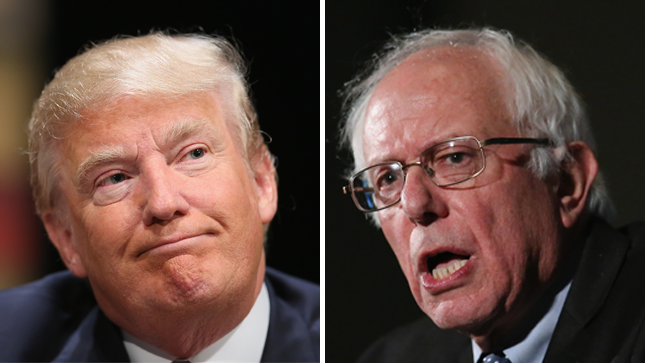Putin Explains Russia's Syrian Policy
| EDITOR'S CHOICE | 17.09.2015 | 13:00 |

A summit meeting of Eurasian States in the Tajik capital Dushanbe has provided Putin with a platform to set out Russia’s position on the Syrian crisis.
As is often the case with Putin’s speeches, the Western media has barely reported it. Instead there continues to be the usual ill-informed speculation “about what Russia is doing in Syria”, founded on farfetched claims of grand Russian geopolitical strategies spiced up with false reports of Russian military activity.
In essence what Putin is saying is very simple: the Islamic State is an existential threat to everyone and all those involved in the Syrian civil war should put aside their differences and their geopolitical strategies to combine against it.
To that end Putin proposes a revival of what is in essence the peace plan to bring an end to the Syrian conflict proposed by Kofi Annan at the Geneva Conference in 2012 – that there should be negotiations between the Syrian factions to set up a power sharing government until a final settlement of the conflict can be agreed.
As Putin points out, Assad has accepted this proposal (“President Assad is ready to involve the moderate segment of the opposition forces in these processes, in managing the state”).
At the same time Putin restates that Russia will continue to provide the Syrian military with the supplies it needs to sustain itself, though he is careful to say that this is “necessary military technology assistance” – not (so far) active involvement in the fighting by the Russian military. Putin does not rule that possibility out but it is clear he only envisages it taking place as part of a broad international coalition against the Islamic State.
Above all Putin remains adamantly opposed to regime change. He points out that it is the West’s relentless pursuit of regime change that has destabilized the entire region, and which has caused the refugee exodus.
Besides, as Putin points out, defeating the Islamic State “….without active participation by the Syrian authorities and military, without participation by the Syrian army, as the soldiers fighting with the Islamic State say….” makes no sense at all.
As we have discussed previously, this is the Russian position.
If defeating the Islamic State is indeed the overriding priority, then Putin’s logic cannot be faulted.
The problem is – as has become very clear over the last few weeks – for the US and for the other members of the regime change coalition it is not.
It seems that for them overthrowing the government of President Assad remains the priority.
As the falsity of the claims of direct Russian military action in Syria became too strong to argue away, the Western government and media emphasis has shifted over the last few days to claims that the Russians are instead focusing on building a military presence in Syria, possibly as some sort of bargaining tool.
There has been much talk – including production of satellite photographs – concerning Russian construction of an air base in Latakia. There has also been talk of the deployment of advanced T90 tanks and S300 anti aircraft missiles to Syria.The US has also made attempts to prevent the flight of Russian cargo planes to Syria, which the Russians claim are carrying humanitarian supplies but which the US thinks – or wants people to think – are in reality carrying weapons.
It is certainly possible – and even likely – that in the face of the crisis caused by the rise of the Islamic State the Russians have stepped up their military supplies to Syria.
However some of the claims that are now being made do not look especially compelling.
The Russian presence in Latakia for example is nothing new. The Russians have long maintained a listening station there, and it makes sense in view of the deteriorating situation to extend the nearby airstrip and to deploy a small number of troops to secure it.
Whilst it is just possible the Russians are indeed establishing some sort of bridgehead, the Russian moves are equally consistent with precautionary steps for a possible hurried evacuation of the personnel manning the facility in case of a further deterioration of the situation, and this frankly looks like a more plausible explanation of what we are seeing.
As for the deployment of S300 missiles in Syria, no evidence of such a deployment exists, and these reports are certainly false.
In the light of Putin’s comments it is difficult to avoid the conclusion that, as we discussed previously, the disinformation campaign about the Russian military build-up in Syria is intended to discredit the current Russian diplomatic initiative before it properly gets going, rather than because of any genuine concerns that the Russian military presence in Syria is increasing.
Whether that is so or not, the alarm expressed in Western capitals about the Russian military presence in Syria is nothing short of extraordinary.
Putin is surely right that the Islamic State poses a danger to everyone and that the way to deal with it is to combine against it. That this logic is being so vehemently resisted is bizarre and frankly tragic, and shows how fixated with their geopolitical plans Western leaders have become.
The following are extracts from a speech made by Putin in Dushanbe taken from Russia’s Presidential website
|





